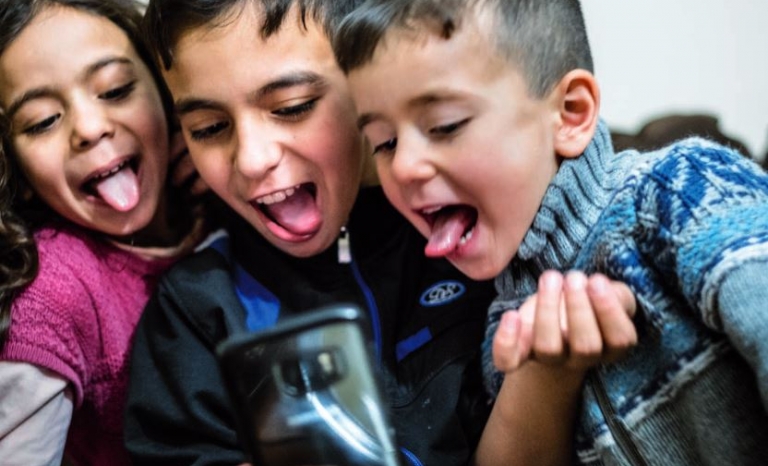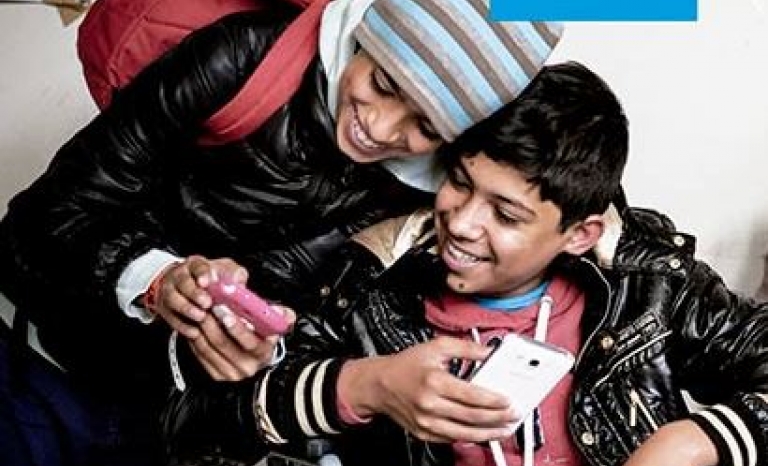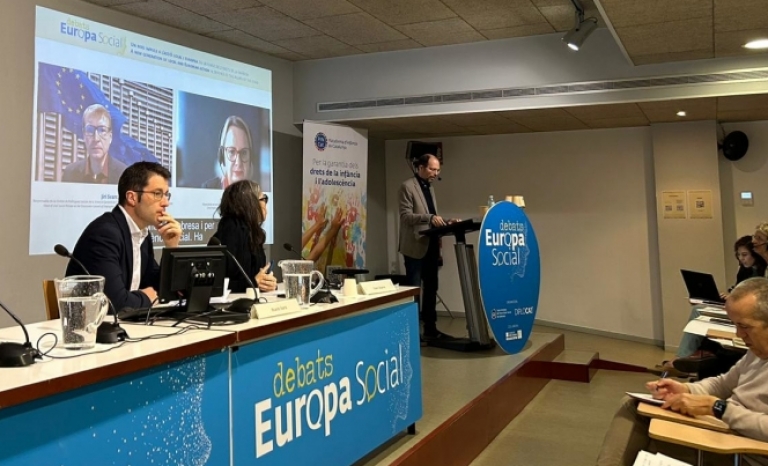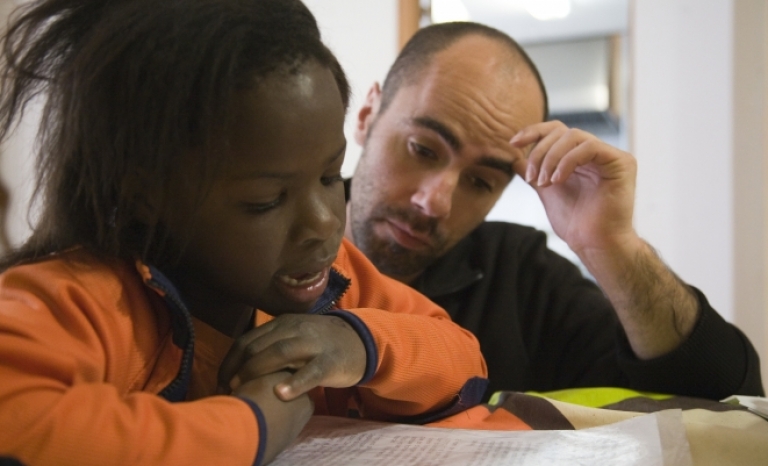The United Nations International Children’s Emergency Fund highlights that access to the Internet may help more vulnerable children to develop their potential and find references, while also warning of the risks entailed.
6th February is celebrated around the world as the Safer Internet Day, which aims to promote a safe and positive use of digital technologies, especially among children and youths. Within the celebrations of this day, UNICEF published a report on children’s access to ICTs, wit the title Los niños y las niñas de la brecha digital en España (Children of the Digital Gap in Spain). According to this report, there is a digital gap that affects especially the children of families with lower financial resources. According to the report, lacking access to the Internet and ICTs, or access to them but from a situation of vulnerability, makes this children be more exposed to the risks of the Internet.
According to the Spanish National Statistics Institute (INE, in Spanish), in the whole of Spain, 95% of children aged 10 to 15 uses the Internet. However, there are still 300,000 children and youths who have never used a computer and 140,000 who have not accessed the Internet in the past three months. UNICEF considers that, in a world where everything is digital, not having access to ICTs is a form of exclusion.
The study underlines that the Internet may promote children’s rights and has revolutionized children’s lives, especially for the most vulnerable, helping them to develop their potential, feeling included or finding references and help. The report, however, also mentions that more vulnerable children are exposed to the risks and harmfulness and are more prone to experiencing cyber-bullying, sexting, accessing contents that are unsuitable for minors, excessive use of the Internet, lack of privacy, unlawful use of personal data, etc.
Children and youth from traditionally victimized groups such as from Roma communities, of migrant origin or from the LGBTI collective, are the most vulnerable and those attacked the most on the Internet. UNICEF explains that discrimination and hate speech have a very negative impact on these children, as they perpetuate stereotypes and make their inclusion difficult.
The report includes a whole set of recommendations for tech companies, public institutions, families, teaching community, and children to ensure a safe use of ICTs. It also calls for a new regulatory framework for the Internet, and the further promotion of prevention protocols and strategies and action in the cases of violence: “It is necessary to promote policies so that children can enjoy the positive impacts on their development and learning, without any child being deprived of this”.










Add new comment